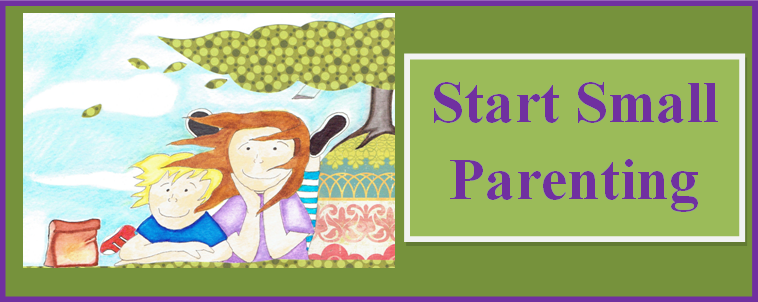It’s Sunday. Sunny and mild March foothills weather. Sunday is traditionally family day at our house. Today we are all here but doing our own thing. Mu husband is fixing a squeak on his mountain bike (specifically, rear-disc brakes, he just informed me.) My son is building his Lego MindStorms ping pong catapult for Science class. Before I sat down to write this post I
Continue…
We have all witnessed something like this: a toddler tantrums in the grocery aisle when refused a sugary treat a child screams when his favorite toy goes missing a pleasant teenager becomes belligerent the instant she can’t find her hairbrush These emotional outbursts are often way out of proportion to any recent event. What looks like something small to an adult can feel like
Continue…
“You made me lose my temper.” “What were you thinking?” “Don’t be a baby.” “Your brothers do what I ask. Why can’t you?” Words have power. How we speak to our kids and what we say affects our connection to them. Unconscious patterns often arise in parent/child relationships. No matter the age of the child, parents can get into a trap of using disrespectful
Continue…
“Speaking negatively could hurt you, but speaking positively never will.” Don’t hit your sister. You can’t seem to remember to hang up your coat. Stop interrupting me. There is too much yelling in here. You never want to brush your teeth. Why can’t you pick up your toys? All day long, negative comments come out of parents’ mouths. The outcome is often less than
Continue…
“Be like a mirror – reflect back what you think, feel and sense that the speaker is saying and feeling. Work to clear the mirror so that you can reflect more clearly.” – Edwin Rutsch, director of Center for Building a Culture of Empathy By using Reflective Listening, the Mirror Back tool provides a safe container for your child’s emotional experiences. I still remember two main
Continue…
Kick-kick. “Luke, please stop kicking the back of my seat.” “I’m not hurting anything.” “Stop kicking my seat.” “Stop yelling at me.” Kick-kick. “I am not yelling. Your kicking gives me a headache.” “You’re yelling, Dad. That gives me a headache.” “Stop kicking, Luke, do you hear me?” “You can’t make me.” “You can bet I won’t be buying you that Tower-of-Power building set.”
Continue…
Screen media use (accessing digital content on tablets, cell phones, etc.) is here to stay. Everyone I know, and the articles I read, state this obvious fact. At the risk of alienating many families, I want to call out screen dependency as the coma to which we have willingly, yet unconsciously, succumbed. How strongly can I state my dismay, grief, and alarm at the
Continue…
Periodically, I am emailed parenting questions. Today, I’d like to share a recent question I received. Q. Our family yells way too much. Sometimes, I think it’s the only way we know to communicate. I’m afraid I’m responsible for the kids’ yelling because I yell. I hate it when I yell, but it works. I need some other suggestions. Emily P., Grass Valley, CA,
Continue…
Just like adults, children get stressed. Sometimes it might be hard to tell that our children are stressed, and if so, what is stressing them. This is an area where it is important to look closely with your parent detective senses. What behaviors might you find if your child is stressed? Maybe you notice a new habit like nailbiting or bedwetting. Maybe your child
Continue…

